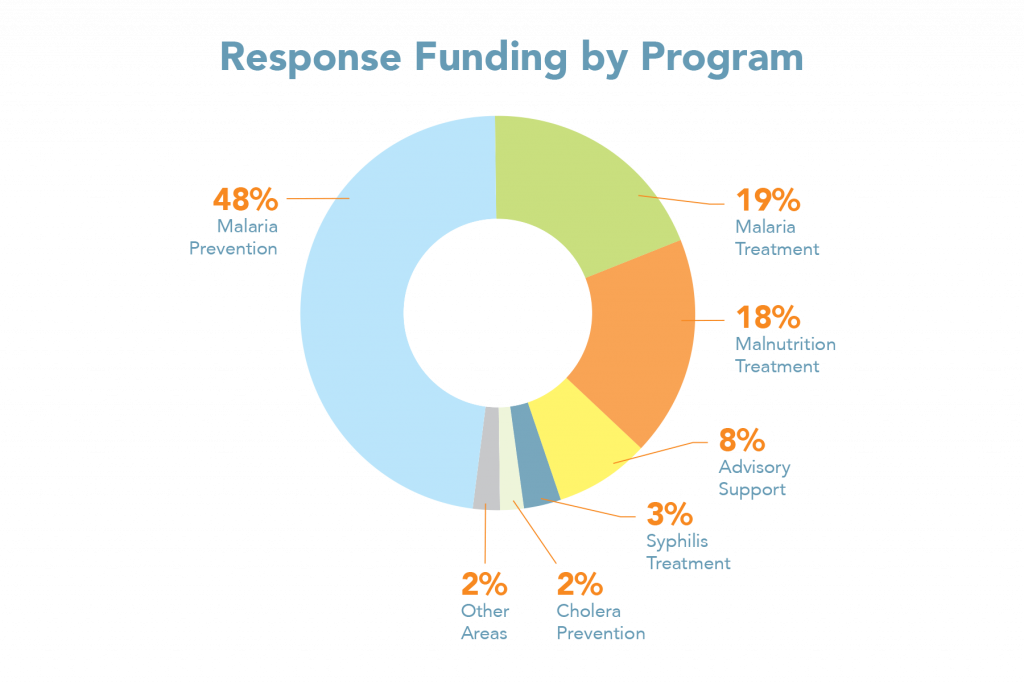Global health programs faced major disruptions to their funding in 2025. Back in March, we published our first podcast episode to share a timely snapshot of the immediate impacts caused by the foreign aid freeze and GiveWell’s initial response strategy. It was unclear whether and when funding would resume, and what the medium and long-term implications would be for life-saving programs.
Over the last year, GiveWell has drawn on almost two decades of cost-effectiveness research and analysis to assess the effects of this tumult in real time, identify gaps where funding could have exceptional impact, and prepare for future needs. We’ve made nearly $50 million in grants in direct response to funding cuts, as part of our expected total grantmaking of around $350 million for the year.
In our final episode of the year, GiveWell CEO and co-founder Elie Hassenfeld and Director of Research Teryn Maddox follow-up on their first podcast conversation to look back at GiveWell’s response: Where did we succeed? What did we get wrong? Where could we have done better? How did our response evolve? And what might all of this mean for the world and our work in 2026?


